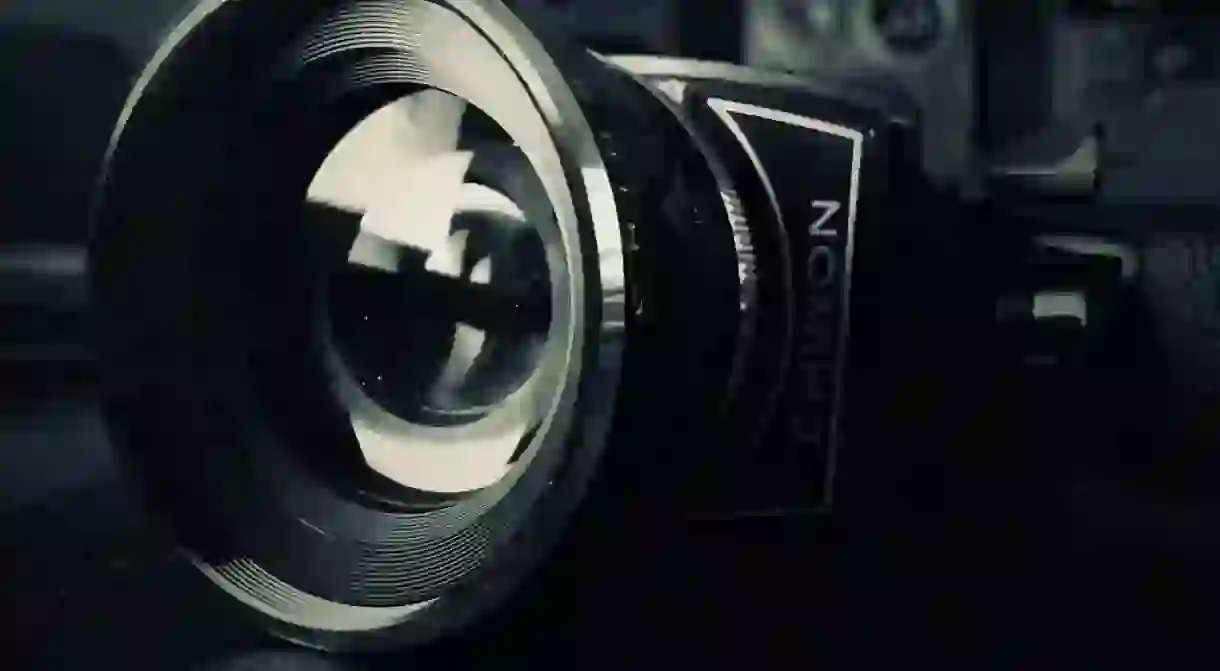Everything You Need to Know About Chicago’s Black Harvest Film Festival

The Black Harvest Film Festival kicks off its 24th year at the Gene Siskel Film Center in downtown Chicago.
As the Midwest’s oldest and largest film festival devoted to movies by black artists about the black experience, the Black Harvest Film Festival attracts and celebrates storytellers.
The independent filmmakers taking part come from a range of skill levels and backgrounds. The annual event is an incredible opportunity to enjoy work from artists experimenting with story, form, and genre to find their voices, and accomplished filmmakers doing what they do best.
In addition to the films themselves, some of the most attended experiences are the interviews and panel discussions that follow. Directors, writers, producers, and actors featured on screen and in the credits participate in these conversations, answering questions about their processes and goals.
https://www.instagram.com/p/BmEklMQFeVz/?tagged=blackharvestfilmfestival
Opening night’s shorts series could be the fest’s hottest ticket (it completely sold out this year). Titled A Black Harvest Feast, the series featured four short films totaling 70 minutes. Following the screenings, three of the four directors were present at the evening’s reception, including Sanicole, an up-and-coming black female filmmaker who studied film at Columbia College Chicago. Her short, Training Wheels, based on her relationship with her father, was set in and filmed around Chicago.
Other films set in Chicago include Logan Hall’s Animator, a science-fiction drama, and David Weathersby’s documentary The Color of Art, an exploration of the Chicago art scene and the space that artists of color take up within it.
At a time when it’s more crucial than ever for narratives to be written and performed by those who have lived them, the Black Harvest Film Festival hones in on African-American and black African storytellers exploring personal histories and the African diaspora.
DeRon Powell, a Chicago actor who recently relocated to Los Angeles and stars in Training Wheels, stated that representation is his favorite aspect of the festival.
“Somewhere in that audience will be a young black child with aspirations of being in this industry,” Powell said. “This festival makes it all so tangible to them or anyone that shares that dream.”

That the festival takes place in Chicago is equally significant. Audiences will see the city’s neighborhoods, which are just a short drive from the Gene Siskel Film Center. The sidewalks, homes, and train stations on the city’s South and West Sides are featured in several of the films. Just as growing up in Bronzeville and Englewood influenced National Youth Poet Laureate Patricia Frazier’s work, these places inspired Chicago artists to turn their own stories into films.
“Chicago is one of the most beautiful cities in the world … the landscape itself tells a story,” Powell added. “I think the audience is going to love [Sanicole’s] vision and this finished product.”













